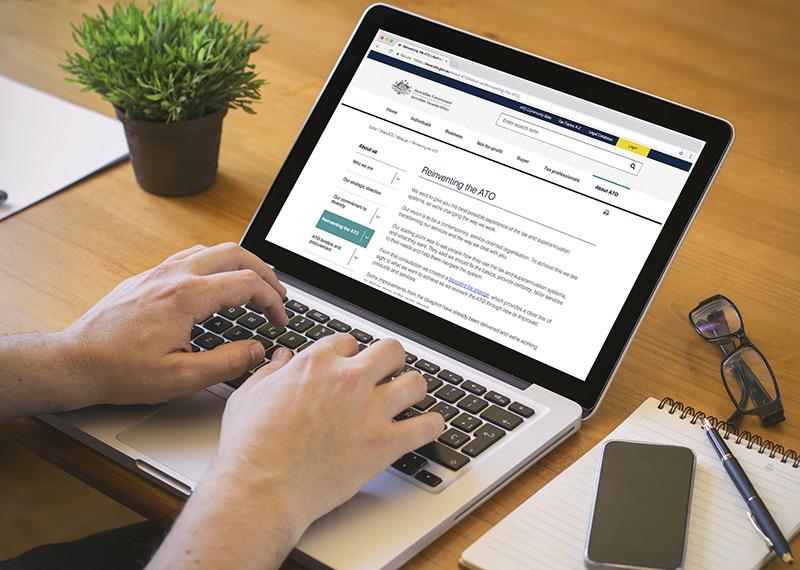How Much Does an Audit Cost in Australia?
When it comes to financial matters, businesses in Australia often find themselves navigating the complex landscape of audits. An audit is a crucial process that ensures financial transparency and compliance. However, one common question that arises is, “How much does an audit cost in Australia?” In this comprehensive guide, we will explore the factors influencing audit costs and provide insights into the pricing structures involved.
The Factors Influencing Audit Costs
Several factors contribute to the overall cost of an audit in Australia. Understanding these factors can help businesses make informed decisions when budgeting for this essential financial process.
1. Size and Complexity of the Business
The scale and complexity of a business play a significant role in determining audit costs. Larger businesses with more extensive operations and complex financial structures may require more extensive audit procedures, leading to higher costs. Smaller businesses, on the other hand, may incur lower audit fees due to simpler financial structures.

2. Industry Regulations and Compliance
Different industries in Australia may have specific regulations and compliance standards that impact audit requirements. Industries with stringent regulatory requirements may necessitate more detailed and time-consuming audits, affecting the overall cost. Businesses operating in highly regulated sectors should be prepared for potentially higher audit expenses.
3. Choice of Audit Firm
The selection of an audit firm also influences the cost of the audit. Established and reputable audit firms may charge higher fees for their expertise and experience. However, businesses should carefully assess their needs and budget constraints when choosing an audit firm, striking a balance between quality and cost.
Pricing Structures for Audits in Australia
Audits in Australia generally follow different pricing structures. Understanding these structures can help businesses anticipate costs and choose the most suitable option for their financial situation. For online smsf auditing services from 220 read this.
1. Hourly Billing
Some audit firms charge clients on an hourly basis. The number of hours spent on the audit, including planning, fieldwork, and reporting, determines the final cost. Hourly billing may be more common for smaller businesses with straightforward financial structures.

2. Fixed Fee Arrangements
Fixed fee arrangements provide businesses with cost predictability. The audit firm and the client agree on a predetermined fee for the entire audit process, regardless of the hours spent. This approach is often preferred by businesses seeking budget certainty and clarity in financial planning.
3. Combination of Fees
Some audit engagements involve a combination of hourly billing and fixed fees. This hybrid approach allows flexibility in adapting to the unique needs and challenges of each audit. Businesses should discuss and negotiate the fee structure with the audit firm to ensure a transparent and fair arrangement.
Conclusion
In conclusion, the cost of an audit in Australia varies based on several factors, including the size and complexity of the business, industry regulations, and the choice of audit firm. Businesses should carefully consider these factors and explore different pricing structures to find the most suitable option for their specific needs. By understanding the dynamics of audit costs, businesses can navigate the financial landscape with confidence, ensuring transparency and compliance in their financial reporting.


